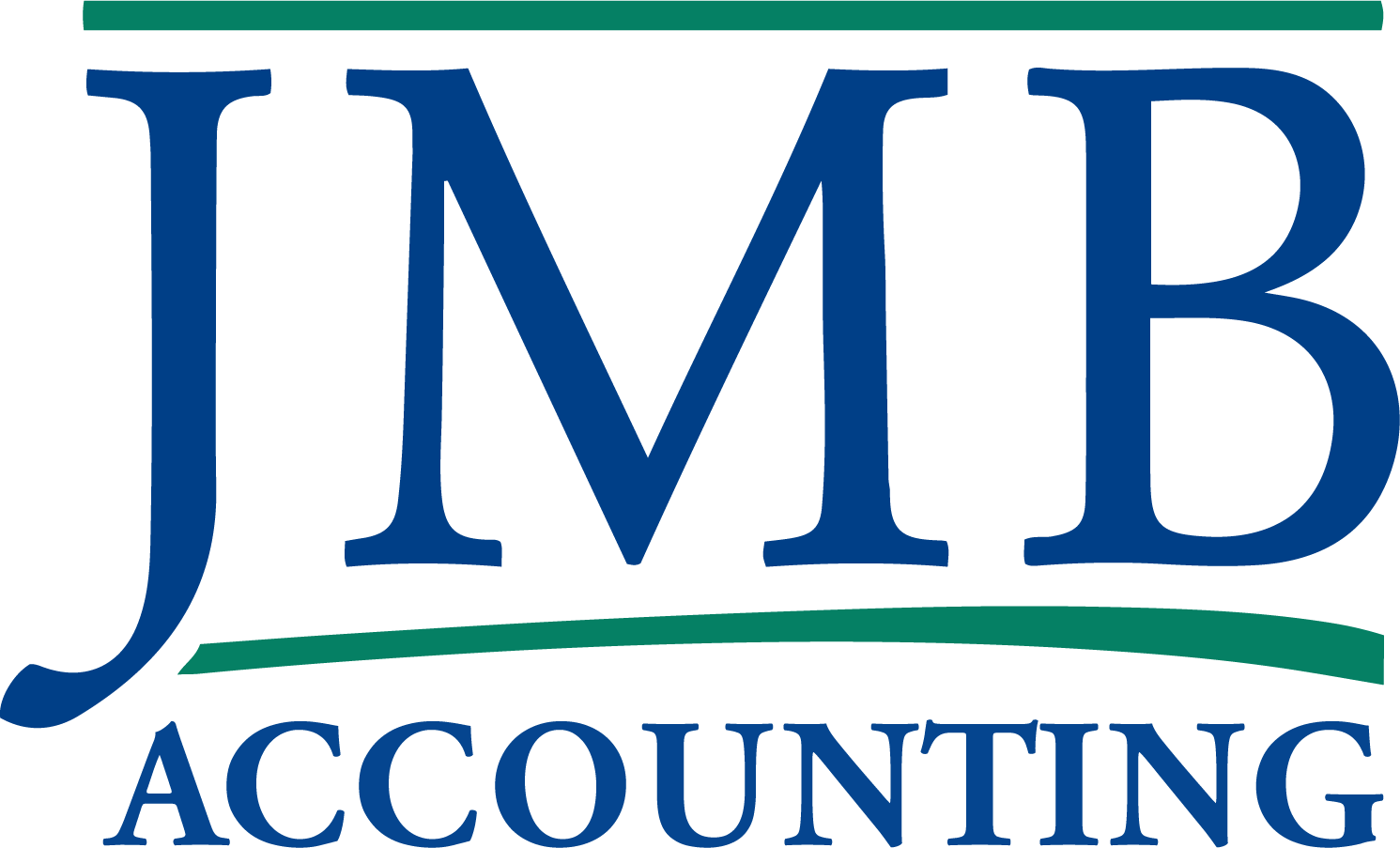National Insurance Changes: What They Mean for SMEs

National Insurance Changes: What They Mean for SMEs
The recent Budget announcement by Chancellor Rachel Reeves has sparked considerable discussion, particularly among SMEs, about the upcoming changes to National Insurance (NI) contributions. Set to take effect in April 2025, these changes will have both positive and negative implications for small and medium-sized businesses, which make up 99% of the UK’s private sector and employ nearly 60% of the workforce.
Here’s a breakdown of the key changes and what they could mean for your business:
The Key Changes
- Increase in Employer NI Contributions: Rates will rise from 13.8% to 15%, increasing costs for businesses.
- Lower Earnings Threshold: Employer NI contributions will now apply to salaries starting at £5,000, reduced from the current £9,100.
- Increased Employment Allowance: The allowance, which helps offset employer NI liabilities, will more than double from £5,000 to £10,500.
What’s the Impact on SMEs?
- Rising Costs for Employers
The hike in NI rates and the lower threshold mean higher costs for employers. For example, businesses will now pay an additional £900 in NI for an average wage employee. These costs can quickly add up, particularly for labour-intensive industries. - A Mixed Bag for Smaller Businesses
The increased Employment Allowance will benefit smaller businesses, with an estimated 1 million employers likely to pay the same or less in NI contributions. However, SMEs on the brink – those with slim profit margins or operating at a loss – may find it harder to absorb these changes. - The Strain on Recruitment and Growth
To offset higher employment costs, businesses may freeze hiring, slow down pay rises, or defer investments in growth. These measures could further exacerbate challenges in a competitive market where retaining talent and scaling operations are already difficult.
What Can SMEs Do?
- Explore Salary Sacrifice Schemes
Salary sacrifice arrangements can help reduce taxable salaries, lowering NI liabilities for employers while allowing employees to increase their pension contributions. - Reassess Budgets and Workforce Strategies
With employment costs set to rise, careful planning will be essential. Reviewing budgets, streamlining operations, and leveraging technology could help mitigate the financial impact. - Seek Financial Advice
SMEs should consult with accountants or financial advisors to fully understand the changes and explore ways to optimise their NI contributions.
A Balancing Act for SMEs
While the increased Employment Allowance offers some relief, the overall rise in employer NI contributions and reduced threshold pose significant challenges for SMEs. Balancing these additional costs while maintaining competitiveness will require careful planning and strategic adjustments.
The government’s decision reflects a focus on funding vital public services and increasing wages for employees. However, SMEs who are the backbone of the UK economy, will need support to navigate these changes without jeopardising their role as key drivers of employment and growth.
With proper planning and the right advice, SMEs can adapt to these new realities while continuing to thrive.
If you’d like help understanding how these changes could impact your business, please get in touch with us at JMB Accounting.
As an example using a fictitious business:with a wage bill of £174k per annum
There are 9 employees with 3 earning under the NI limit and 6 earning between £2000 and £3500 per month. The net result of the change without taking into account any salary increases is a reduction in the Employers NI of £500 over the year.
This indicates that with a lower wage bill and fewer employees, there is every likelihood your total cost will be lower over the year, but each business will have different levels of pay and number of employees, so these factors will affect the final increase or decrease.
